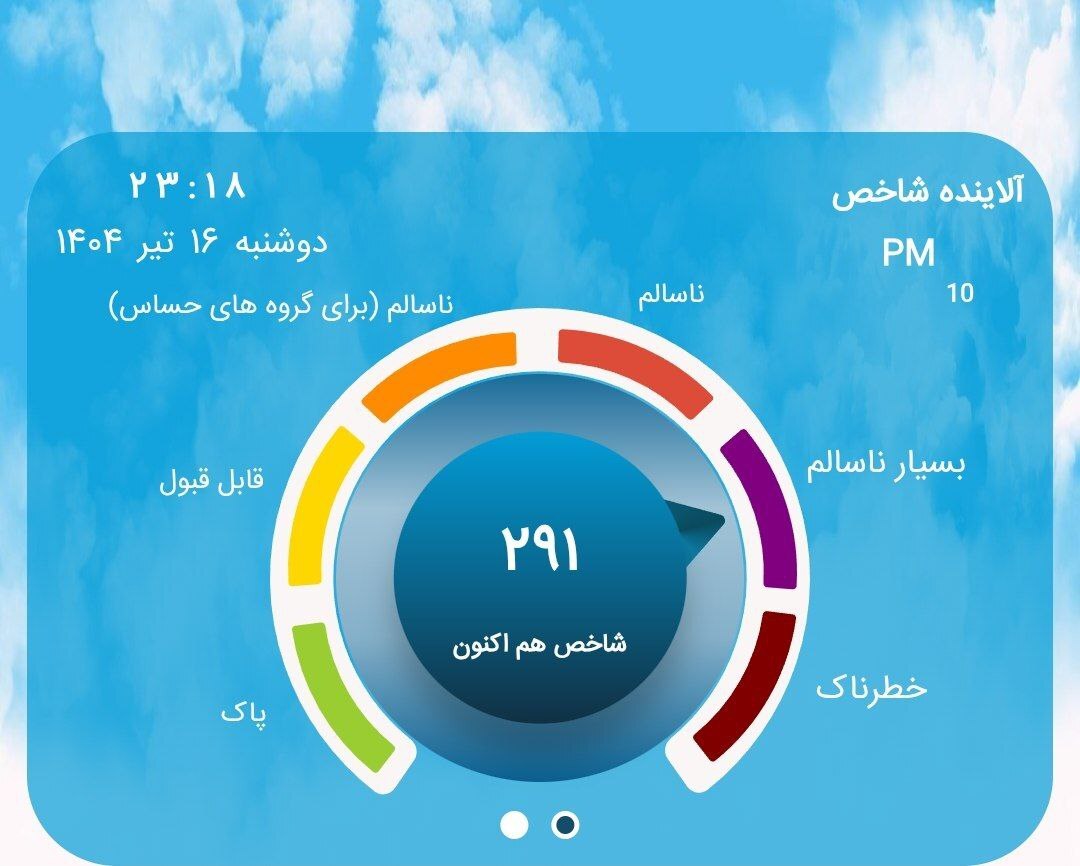

The other morning, a long, alarming wail came from across our apartment. I went running and found my 12-year-old daughter sitting in front of her closet surrounded by a mountain of clothing. “I have NOTHING TO WEAR!” she cried from the fetal position. “Everything looks so BAAAAAAAD! I can’t leave the house like this!!!!”
Reader, the girl has plenty of “good” clothes. New clothes and hand-me-downs from very cool teenagers in our orbit. But this was entirely beside the point — nothing worked on her growing body today. And, like so many things with pre-teens, today felt like an emergency.
In an attempt to help, I pulled out item after item — this? this? — and she simply yelled, “It’s ugly!! It’s all so UGLY!!!!”
My first reaction was, of course, utter annoyance. We had somewhere to be. “Wear what you wore yesterday!” I wanted to yell back. “You liked it yesterday! It’s still fine.”
But I had a secret I couldn’t share: my bed was also littered with rejects. T-shirts, blouses, jeans, jumpsuits, dresses, all the things I’d tried on that very morning that also didn’t work. I, too, was in a state of hating every single item of clothing I owned, of not recognizing my body in them. I also felt like everything looked and felt absolutely horrible and wrong. I also did not want to leave the house.
Puberty, meet perimenopause.
***
Both transitional states bring to mind my favorite saying by Buddhist nun Pema Chödrön: “Sudden is the result of a lot of gradual.”
I’m 47 now, and for years, I’ve been clocking small changes to my body — my periods have been getting heavier and more frequent; I’m finding odd spots on my face I need the dermatologist to freeze off; my weight has been creeping up; I have such intense brain fog and forgetfulness that, until all my friends told me they were as memory-deficient as I am, I worried I had early-onset Alzheimers. (I recently asked a group of girlfriends, “What’s that thing you put on the table during a dinner party to serve water?” “A pitcher?” one of them helpfully supplied.)
It was all vaguely comical until one day, seemingly out of the blue, nothing fit. Not the denim jumpsuit I’d been wearing for years, or the T-shirts I spent most of my days in. Jeans I had just bought were too snug. My bras pinched everywhere. Had I changed a single thing about my eating or exercise habits? No. It was simply my shifting hormones coming for my wardrobe.
And there were other odd, inexplicable changes: my skin was tender; my scalp itched; my sore breasts seemed to be growing (!?). I was incredibly tired, even when I’d had a full night of sleep. My cholesterol sky-rocketed. I felt in less control of my emotional landscape than I’d ever been – my urge to slam doors was as strong as it had been in the scariest months of lockdown.
My body — my whole being, in fact — felt utterly out of my control, just like my daughter’s did to her. And all at the same time!
Much has been written about puberty, of course. My daughter and I have both read the entire Judy Blume collection multiple times over, the vast Baby-Sitters Club opus, as well as all those The Care and Keeping of You books. We’ve talked about breasts and periods, and she has a little pouch prepared in her backpack for when that time comes. Whenever my daughter has found herself in a heap on the floor, crying about God knows what, we’ve talked a lot about how hormones can rush through your body, and how it’s normal and will pass. I’m trying to make the whole ride feel as ordinary — and transparent — as can be.
There is, of course, so much less known about the slide out of our fertile years. That said, I feel enormously lucky to be going through perimenopause when it has firmly planted itself in the cultural zeitgeist. My social media feed has been flooded by female physicians who specialize in The Transition, and I’ve listened to an absurd number of podcasts and read a gazillion books — The New Menopause, Grown Woman Talk, How to Menopause. I follow Dr. Jen Gunter, Dr. Amy Shah, Dr. Kelly Casperson and many others on social media. I am eating my protein and lifting my weights; I’m adding in fiber and limiting alcohol. I’ve made an appointment with my ob-gyn to talk about hormone replacement therapy. Like my daughter, I am learning how to live in this new era of my life.
I thought that going through perimenopause at the same time that my daughter was going through puberty would help grow my stores of compassion and patience for her — I could directly relate to the hormonal surges, to the weirdness of living in a changing body, to the mood swings! But it’s actually working the other way around: she is helping me. Watching her muddle her way through the inevitable changes reminds me that what I’m going through is real, too.
Unlike our own mothers, who were told to grin and bear the hot flashes, the night sweats, the brain fog, the weight gain, the fury, and the lack of sleep, I am learning to treat my own transition with as much respect, curiosity, care, and medical attention as I want my daughter to treat hers.
I, too, am adapting to my changing body. I, too, occasionally find myself crying for no reason. I, too, am mourning the end of one part of my life — making the babies! — and bravely walking into what’s next. I, too, am scared of growing older. My face and breasts and hips and belly are looking and feeling different. My feelings feel bigger. And I’m learning to tell myself that this is as normal as it was when it happened to me in reverse, 35 years ago.
When I look at my daughter entering this new stage of her life, it is obvious to me what a monumental, difficult, beautiful thing it is to become a woman. I want her to walk through it with grit and self-love and patience. And she is teaching me to want that for myself, too.
Abigail Rasminsky is a writer and editor based in Los Angeles. She teaches creative writing at the Keck School of Medicine of USC and writes the weekly newsletter, People + Bodies. She has also written for Cup of Jo on many topics, including marriage, preteens, loss, and only children.
P.S. Perimenopause: the board game and welcome to your cronehood. Also, 11 pressing questions for an ob-gyn.
(Photo by Anna Malkova/Stocksy.)
0 COMMENTS

.png) 7 hours ago
1
7 hours ago
1






















 English (US) ·
English (US) ·